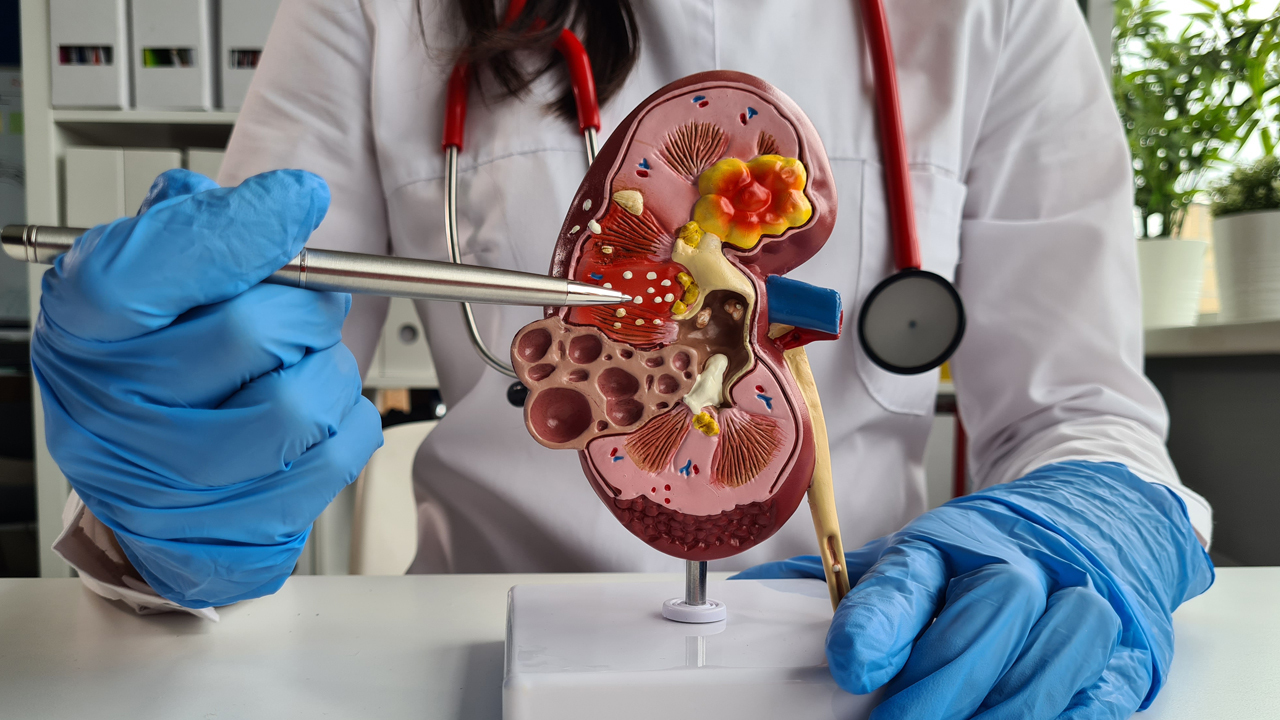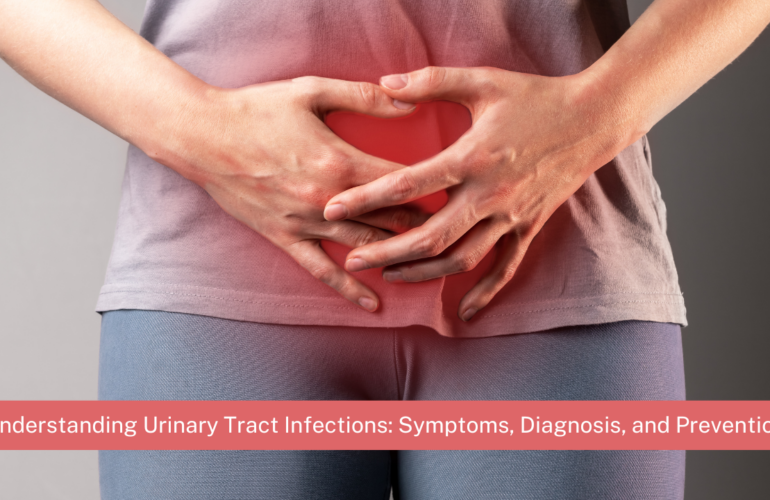Renal stones, also known as kidney stones, are small, hard mineral deposits that form in the kidneys. These stones can cause a lot of pain and discomfort, and may even lead to serious health complications if left untreated. In this blog post, we will discuss the causes, symptoms, and treatment options for renal stones.
Causes of Renal Stones:
Renal stones are caused by a build-up of minerals and other substances in the kidneys. Some common causes of renal stones include:
Dehydration: Not drinking enough water can lead to the build-up of minerals in the kidneys, which can cause stones to form.
Diet: Consuming a diet high in salt, sugar, and animal protein can increase the risk of developing renal stones.
Genetics: Some people may be more prone to developing renal stones due to genetic factors.
Symptoms of Renal Stones:
The symptoms of renal stones can vary depending on the size and location of the stone. Some common symptoms include:
Pain: Renal stones can cause intense pain in the back, side or lower abdomen.
Nausea and vomiting: Renal stones can cause nausea and vomiting due to the pain they cause.
Blood in the urine: Renal stones can cause blood to appear in the urine.
Frequent urination: Renal stones can cause a need to urinate more often than usual.
Treatment Options for Renal Stones:
There are several treatment options for renal stones, including:
Drinking water: Drinking plenty of water can help flush out the kidneys and prevent the build-up of minerals that cause renal stones.
Medications: Some medications can help dissolve renal stones or reduce the pain they cause.
Extracorporeal shock wave lithotripsy (ESWL): This procedure uses shock waves to break up renal stones into smaller pieces, which can then be passed more easily through the urinary tract.
Surgery: In some cases, surgery may be necessary to remove renal stones that are too large to pass on their own.
Prevention of Renal Stones:
There are several steps that can be taken to prevent the formation of renal stones, including:
Drinking plenty of water: Staying hydrated can help prevent the build-up of minerals in the kidneys that can lead to renal stones.
Eating a balanced diet: Consuming a diet that is low in salt, sugar, and animal protein can help reduce the risk of developing renal stones.
Taking medication as directed: Some medications can increase the risk of developing renal stones, so it is important to take them as directed by a healthcare provider.
In conclusion, renal stones can cause a lot of pain and discomfort, but there are treatment options available to help manage the condition. By taking steps to prevent the formation of renal stones, people can reduce their risk of developing this condition and improve their overall health and belling. If you are experiencing symptoms of renal stones, it is important to seek medical attention right away to prevent serious complications.






